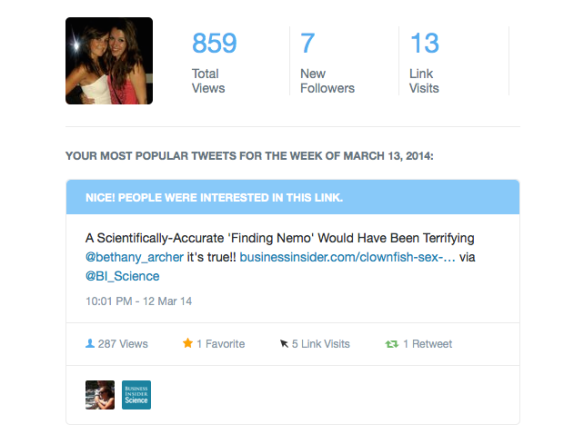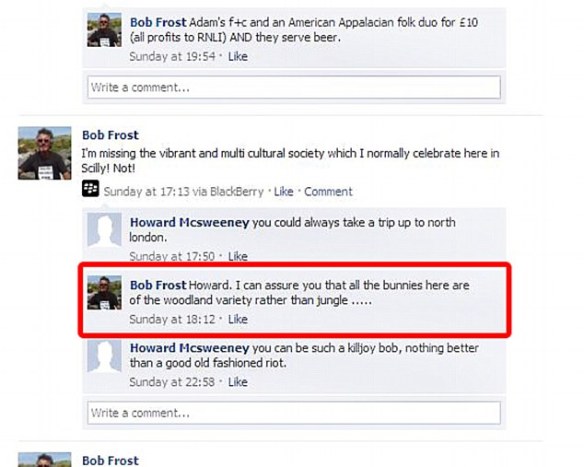Ethical Issues Raised by Educational and Business Uses of Social Media
Social media has transformed the relationship we have with our friends, family, colleagues, acquaintances, anyone… you name it! We can’t ignore that these platforms have given a voice to a generation who can now entertain, influence and connect with millions of people at the touch of a few buttons. However there has been skepticism surrounding the use of social media in education and business. The main dilemma centres around the fact that social media was designed for social communications, hence the name ‘social’ media. Now that privacy is slipping away and the more information we share is going public, our content becomes less and less under our control.
So we have to ask ourselves, is it wise to use social media for educational and business purposes?
Cain and Fink, 2010, categorised their proposed ethical questions into five primary criteria:
- Who is viewing the social media information?
- How is the social media information accessed?
- What purpose is the social information used?
- What are the criteria one uses for making judgments about social media information?
- What is the nature of “relationships” in social media?
We don’t know where our information is going, who is using it, nor how it is being judged. Deloitte, 2009, say:
Online you are marketing yourself AND your company/school/family/etc. The content you post and share reflects you, your opinions, dislikes, likes, hobbies, interests and much more. This information can reach people all around the world. Recently Twitter emailed me with statistics from my tweets this week, I had no idea one of MY random tweets would appeal to so many people. I also didn’t realise the amount of views would ever amass to 859!
This shows even the most random tweets or comments are viewed by hundreds of strangers. From a marketing point of view businesses would be foolish to ignore the benefits of online social media but the blurring lines between personal and work-life for employees is an interesting topic. Employees have to be constantly evaluating the information they publish online because of the impact it can create. Ultimately they must believe they are promoting themselves as the company brand. Anything they publish that is slightly controversial or opinionated could cause them problems in the work place.
During my time at secondary school I witnessed, first hand, the consequences of controversial online actions. One of my teachers, who was also a tory councillor, was fired from the school and his MP position because of the comments he had left on his Facebook, referring to rioters who caused trouble in the UK in 2011 as “jungle bunnies”.
This was a careless, bold, impacting statement that was only meant for Bob Frost’s private networks, unfortunately the comments were wide-spread and the consequences were hard-hitting. I think Mr Frost, as we knew him, should have been more careful especially knowing what I know now that information travels a long way on social media sites. More of the story can be found here.
Other ethical issues raised within business use of social media centre around the recruitment process and whether it’s fair that companies ‘stalk’ potential candidates on social networks. As I’ve mentioned in my previous blogs including my reflective summaries on building your professional profile and privacy on the net, the number of companies using social media as a recruitment tool is growing. It is now essential your content is always appropriate.
In educational terms I personally think the integration of social media and learning is worthwhile. This module (#UOSM2008) has inspired me to explore the benefits of social media and online interaction with my peers. I think it’s given a voice to those who are possibly a little more shy or often excluded and has facilitated interesting debates, alternative opinions, knowledge and research. However I wonder whether it would have the same effect in schools? Would the pupils have the same motivation or attitude to use social media responsibly? Also, where do the lines draw between professional and personal profiles? Many teachers have blurred these lines in the past and the National Union of Teachers have recommended that educational leaders need guidance when they use social media platforms for education (BBC News, 2014). Pupils may also be scared to publish their work online in fear of being judged by their friends or due to cyber bullying. Furthermore, some people may not be as active as other on social media sites, this could suggest they will miss out on key information. Some people might not even have access to the internet putting them at a large disadvantage! “Officials forecast that almost 40% of the world’s population would be online by the end of the year”, so what about the other 60%?
In summary the ethical issues surrounding social media use should not be ignored. Educators, employees, students and businesses should be cautious with their online activities and use social media platforms in effective and responsible ways. Who knows where the information we publish goes or how it is used; whether we are using social media in education or business we are going to make an impact.
References
BBC News. (2014). Teachers need ‘clearer’ social networking rules, unions say. Available: http://www.bbc.co.uk/news/uk-wales-26539243. Last accessed 22nd March 2014.
Cain. J, and Fink. J. L, . (2010). Legal and Ethical Issues Regarding Social Media and Pharmacy Education. Available: http://www.ncbi.nlm.nih.gov/pmc/articles/PMC3058471/. Last accessed 22nd March 2014.
Harris, L. (2012). New research reveals effective integration of live/virtual event experiences. Available: http://www.smartinsights.com/social-media-marketing/social-media-strategy/new-research-reveals-effective-integration-of-livevirtual-event-experiences/. Last accessed 22nd March 2014.
IBE. (2011). The Ethical Challenges of Social Media. Available: https://www.ibe.org.uk/userassets/briefings/ibe_briefing_22_the_ethical_challenges_of_social_media.pdf. Last accessed 22nd March 2014.
Kelion, L. (2013). UK jumps up internet scoreboard as digital divide grows. Available: http://www.bbc.co.uk/news/technology-24426739. Last accessed 22nd March 2014.



